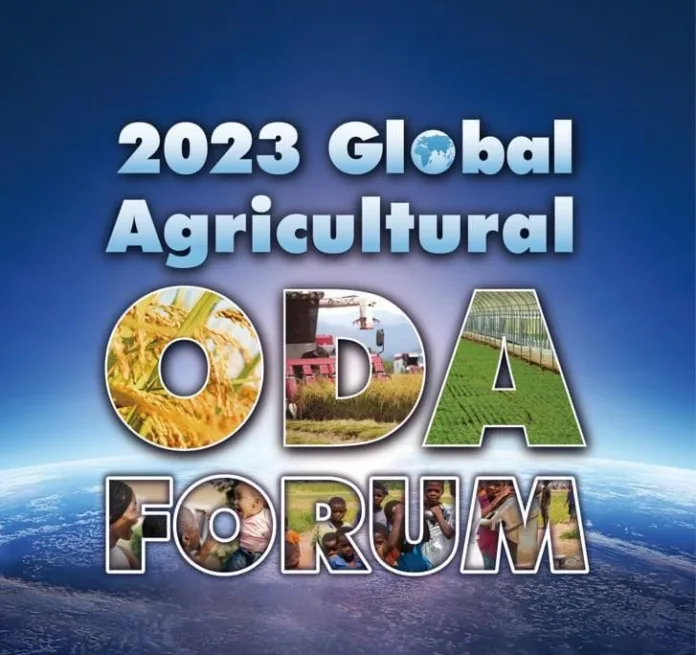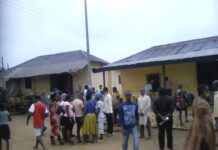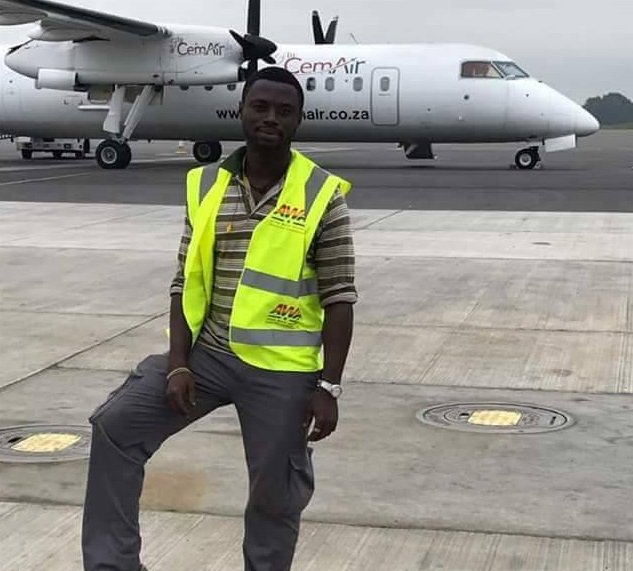
The 2023 Global Agricultural ODA Forum, shared the results of several projects supported by the Ministry of Agriculture, Food and Rural Affairs of the Republic of Korea.
ODA projects funded by the Ministry of Agriculture, Food and Rural Affairs of the Republic of Korea aim to address food insecurity in countries experiencing food shortages.
The forum is an opportunity to review the progress of several projects with international organizations and Africa countries, especially those funded by the Ministry of Agriculture, Food and Rural Affairs of the Republic of Korea, and share them with other countries and participants.
This forum has been going on since 2022, but this time it’s held in Ghana.
The reason is that one of the projects that the Ministry of Agriculture, Food and Rural Affairs of the Republic of Korea is working on is the K-Ricebelt project, which currently involves seven African countries. Ghana is the first of these countries. “The rest of the countries will start next year, but in the case of Ghana, they’ve already started this year, so we decided to have this event in Ghana because they were the first to start.
What we’re trying to do with the K-Ricebelt project is to solve the problem of insufficient supply and demand for rice, and in the case of Ghana, we’re very dependent on imports for rice, so we need to do a lot of things to solve the dependency problem” Mr Yongho Jung Director of the International Cooperation Bureau at the Ministry of Agriculture, Food and Rural Affairs of the Republic of Korea noted.
He further indicated that water scarcity, mechanization issues, and seed issues are some of the issues that need to be addressed, and the K-Ricebelt project is looking at the entire value chain from seed to increase productivity, so we expect it to make a big contribution to solving the shortage problem.
K-Ricebelt project in Ghana and other African countries needs to be a multi-disciplinary effort, with experts from different fields working together with different organizations, especially KOPIA in Korea and KAFACI in Africa, to actively adopt advanced technologies such as improved seed development and irrigation technologies and improve their capacity.
Through the K-Ricebelt project, if we learn the technology for seed production and the seeds that are actually produced are distributed to the farmers, many farmers will be able to expand their rice production through good seeds, and the food problem will improve a lot.
“The interest and enthusiasm of the Ghanaian government and Ghanaian farmers in particular is important.
If Korea and Ghana work together in the future, I think we will be able to improve a lot in Ghana in Africa as far as food security is concerned.
Mr Kwasi Wih from the Ministry of Food and Agriculture in Ghana underscored the essence of the forum to the country saying “this forum has come as a result of trying to put our resources together to feed our nations. We want to ensure that there is peace , people must have enough to eat, so developing countries and donor partners have come together to access the progress of Agriculture that can be used to improve our economies,” Mr Kwasi Wih emphasized.
The forum had participants from across the globe with expertise in varied emerging technologies as far as best agronomy practices are concerned.
Source: Ghana/Starrfm.com.gh/103.5FM/Calvin



